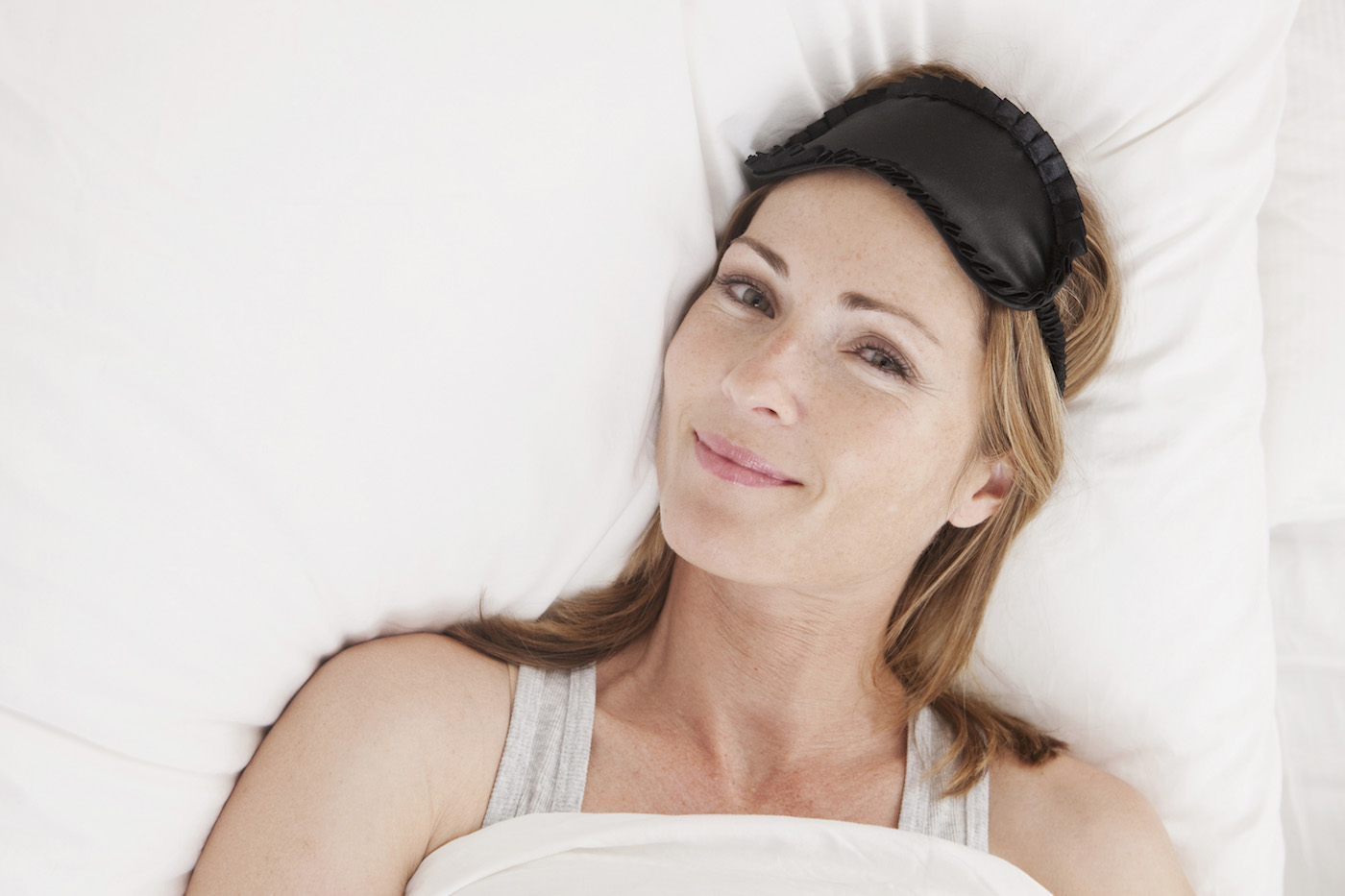
February 17, 2020 at 04:00PM by CWC
Even before I arrived at the Rosewood Mayakoba resort in Playa del Carmen, Mexico, I knew I would be in for some excellent sleep. That’s because I was visiting to check out the property’s eight new wellness suites, which are packed with snooze-enhancing amenities such as circadian-rhythm-optimized lighting, soothing aromatherapy showers, and bedside essential oils blended by a local shaman. Just as I suspected, on the last night of my four-day trip, I ended up sleeping more deeply than I have in many months, but that accomplishment might be thanks to another reason entirely: I decided to go to sleep at 9:30 p.m.
I did so at the advice of Daniel Seymour, Rosewood Mayakoba’s resident Ayurvedic practitioner. Seymour told me during a consultation that turning in between 9:30 and 10 p.m. is a simple hack that can result in higher-quality sleep, working in accordance with the Ayurvedic body clock.
ADVERTISEMENT
ADVERTISEMENTKate Spade Autumn/Winter Sale |
See, according to Ayurvedic wisdom, every person is made up of three energy signatures, or doshas. In super-simple terms, vata is airy and intellectual, pitta is fiery and action-oriented, and kapha is earthy and grounded. Most people have a dominant dosha that affects their physical and mental state in the long-term, but different doshas are also believed to be more active within us at different times of day, which dictates the Ayurvedic body clock. Kapha time is from 6 to 10 (a.m. and p.m.); pitta time is from 10 to 2 (a.m. and p.m.); and vata time is from 2 to 6 (a.m. and p.m.).
“The mind is slower during kapha time, so if you go to bed just before kapha time changes, between 9:30 and 10, you go into sleep with that influence of rest and stability, and that influences the quality of your sleep.” —Daniel Seymour, Ayurvedic practioner
With this in mind, practitioners of Ayurveda recommend going to bed before kapha time ends at 10 p.m., no matter your own predominant dosha. “The mind is slower during kapha time,” Seymour says. “So if you go to bed just before kapha time changes, between 9:30 and 10, then you go into sleep with that influence of rest and stability, and that influences the quality of your sleep.” Once pitta time hits at 10, however, the mind is thought to become more active, and it’s harder to settle, potentially leading to sleep disruption. One very small study backs up this idea, having found that later bedtimes are linked with an increase in obsessive, negative thoughts.
ADVERTISEMENT
ADVERTISEMENTSports Direct Free Delivery on All Orders! |
It’s worth noting that the Ayurvedic body clock sleep-optimizing concept only holds true for bedtime. Your wake-up hour isn’t thought to effect how energized you feel in the morning—unless, of course, you rise before your body’s gotten enough rest. “The most important thing is to wake up naturally and feeling revitalized,” says Seymour, who adds that everyone’s ideal sleep duration is different. (Need proof? He, one of those lucky short sleepers who hit the genetic lottery, gets by just fine on five hours of sleep per night, while I can’t function on less than seven.) It’s also location dependent, meaning that if you’re traveling, you should aim to tuck yourself in before 10 at the local time, not based on your usual bedtime. As we move around the world, we are subject to the laws of nature of each new location,” says Seymour. “In this regard, we are influenced by the pitta dosha from 10 p.m. to 2 a.m. local time.” This may not be ideal if you’re jet-lagged and on an altered sleep schedule, but it’s still worth keeping in mind.
I’ve been continuing to test this theory since I arrived home, and I’m finding that I do, indeed, experience fewer sleep disturbances during the night when I go to sleep before 10 and have been enjoying way better sleep quality as a result. Of course, my improved rest could be because I’m watching fewer episodes of Beverly Hills 90210 on my laptop before bed now (blue-light exposure from electronic devices is known to disrupt sleep, after all). It could also be related to the fact that I’ve put myself on a stricter sleep schedule. The pre-10 p.m. bedtime might be an Ayurvedic principle, but it works in accordance with other science that says turning in at the same time every night helps to boost sleep quality.
ADVERTISEMENT |
For the sake of my social life, I’m not committing to turning in at 9:30 p.m. every night, but I’m trying to do so whenever I have an evening in, because the results are a gift to my future self. And sure, I didn’t expect a 10-year-old’s bedtime to be my favorite souvenir from this trip, but it’s certainly better for me than a bottle of mezcal.
Find out which sleep issue each dosha deals with the most—then, stock up on these nutritionist-approved foods for better zzz’s.
Author Erin Magner | Well and Good
Selected by CWC

ADVERTISEMENT
ADVERTISEMENTUp to 30% off Gift Sets |






